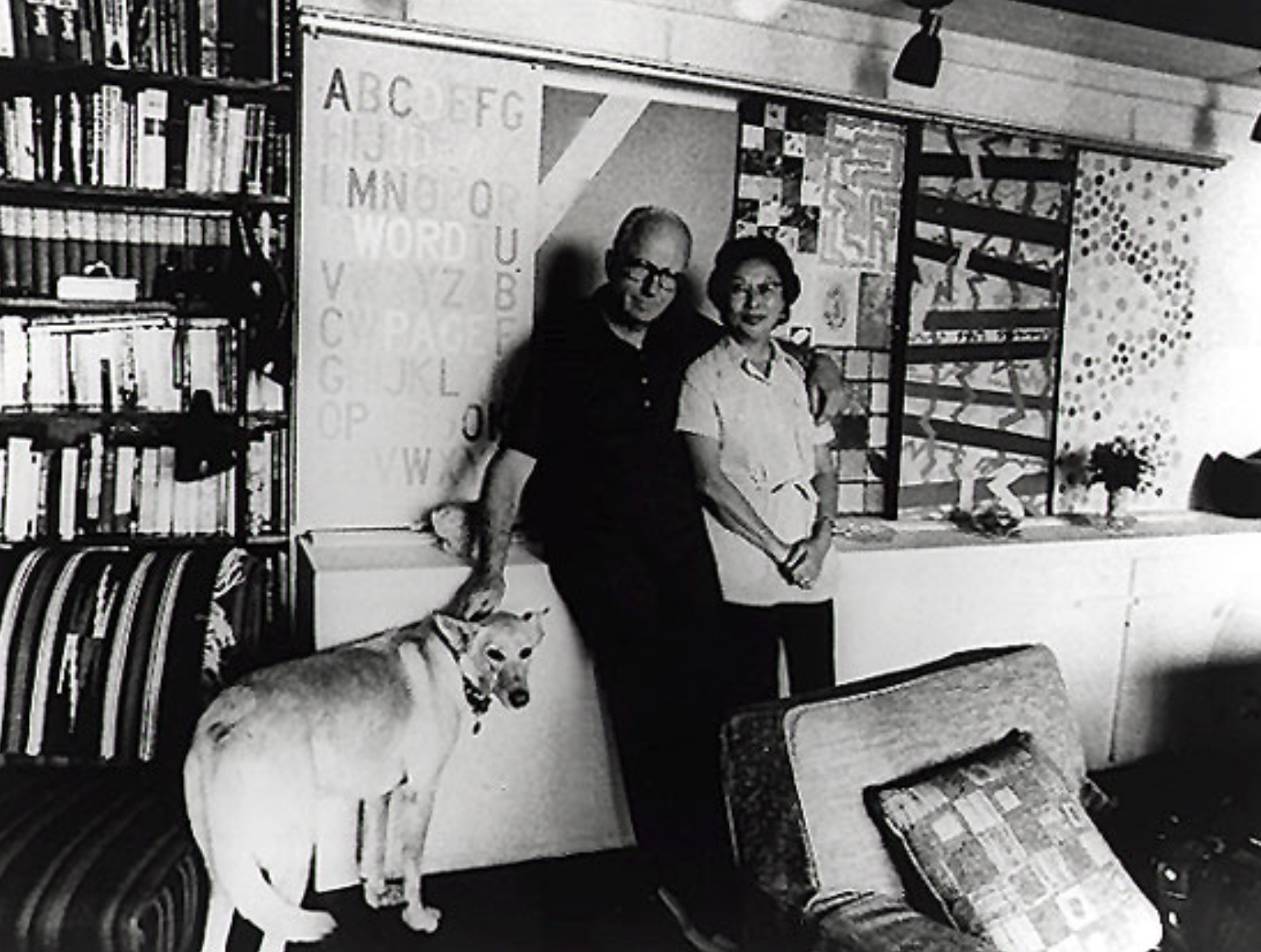James Michener's gift to journeymen: 'I feel exhausted in the writing'
Prize-winning author James Michener seemed ancient to me on that January night in 1981. The one-man bestseller machine, a month shy of 74, was sitting at a long table in Danny’s, then Baltimore’s most acclaimed restaurant, fielding questions from a newspaperman named Tom Nugent.
Michener, one of the most successful writers in American history, answered him with deliberation, peeling the label off an amber empty of Michelob.
I was a snot-nosed kid of 23, a student at the University of Maryland Baltimore County, where Nugent was my journalism instructor. He had invited a handful of his students to tag along as he interviewed Michener and billed the tab to the city’s morning newspaper, The Sun.
Nugent’s story ran shortly after the interview, and his opening was pure gold:
“You can sell 20 million books, as James Michener did; and you can win most of the international literary prizes, as James Michener did; and you can be translated into 52 languages, and make several million dollars, and sit down to dinner with kings and presidents, as he did; and you know what?
“It didn’t change a thing.”
Michener acknowledged that he stayed fearful at the keyboard, beating himself up when things weren’t going well.
“I’m sitting at a rigid desk,” he told Nugent, “and I’ve got a lot of space around me, and a typewriter on a heavy table that I type on with two fingers. And I’m telling myself: ‘I better raise the level. I’m telling myself: I better get everything moved up a couple of gears.’ Uh, yes. Intensity! This, I think, is a constant worry of mine. I’ll say: ‘Let’s get on with it! … Let’s knock it off! Phrases like that, which are very, very real to me. …
“And I’m saying: ‘Now I know how this ought to be going – what’s wrong? Where am I off the track? It’s a very real feeling … and if I’m not careful, I’ll get completely paralyzed by it.”
This was a generous gift to other writers. I mean, here he was, the American master of historical nonfiction, author of such blockbusters as Hawaii and Chesapeake and Texas, the guy who had knocked out 13 novels before I met him, and would write another 13 before he died at the age of 90 (not to mention the dozens of nonfiction books he authored), and still he fretted.
“Always,” he told Nugent, “I feel exhausted in the writing. Feelings of great apprehension, that I won’t make it. Because several times, I haven’t made it. I remember one time, I wrote four-fifths of a novel, and then … I don’t know what happened. I just lost it. I just petered out. Why? I can’t answer that. It was just a dead item. And then you feel desolate. My God, desolate! That I should have been so deluded, it’s so silly, you feel quite disgusted.”
Michener was giving his fellow journeymen the holy grail of advice: Be aware of self doubt, be hypervigilant, bar the door and throw up your fists and rail against it, and never, ever give up.
A few things happened as the Nugent interview wound down. He asked Michener what he did for fun after a long day of work (and there were, by Michener’s account, many long days of work). Nugent hoped Michener would confess to something scandalous, a scoop: I end my days with a fifth of 12-year-old scotch and chase around town in my Jaguar looking for hookers. But what Michener said next surprised all of us.
Every night, he said, he drank a six-ounce can of pineapple juice and – once in awhile, when he was feeling puckish – he treated himself to a handful of Jelly Belly jellybeans.
“Where am I off the track? It’s a very real feeling ... and if I’m not careful, I’ll get completely paralyzed by it.”
When Nugent concluded his interview, he gave his students a chance to ask the Great Man some questions and each of us did. When we reached that uncomfortable moment when the questions had all been asked and answered, we began to get up.
But Michener held up his hand and said, “It’s my turn.”
As we settled back into our seats, he went around the table asking each of us what we hoped to do with our lives.
When I told him I was studying film and wanted to be a screenwriter, Michener lit up, describing scripts as the next great storytelling medium.
But by then, and for years to come, I was thinking that what I really wanted was to be an author as disciplined, and human, as James Michener.
At one point in the evening, he mentioned that other writers often wrote to him asking for money.
"Not a lot of money," he said. Maybe $500. Maybe less. They didn't want a fortune. Just enough to get by, he explained.
Someone asked the question we were all thinking: "What do you do?"
Michener shrugged.
"I send it to them."
